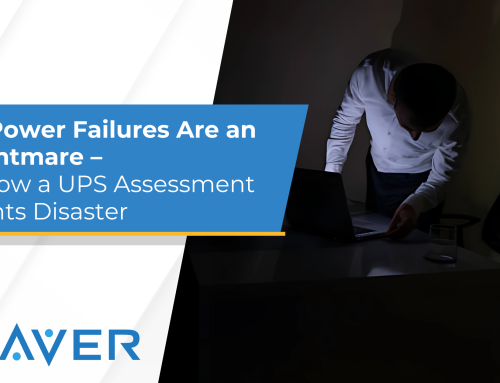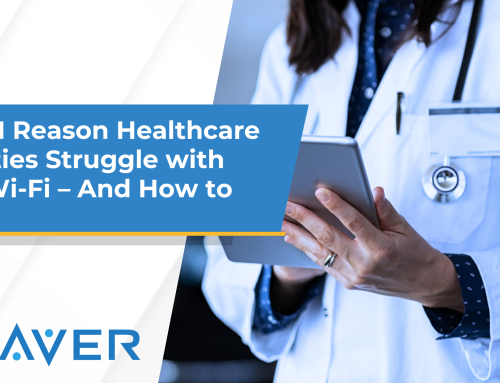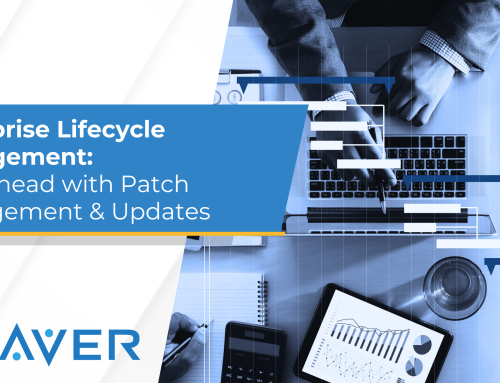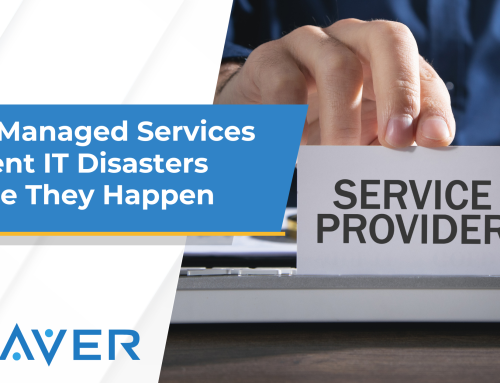As we transition into a more digitized world, remote work has become a norm rather than an exception. This shift, while necessary and often beneficial, has revealed a myriad of cybersecurity challenges, especially in sensitive industries like healthcare. In this post, we’ll delve into the unique challenges that remote work presents for healthcare cybersecurity and discuss practical, effective solutions using cyber threat intelligence.
Understanding the Cybersecurity Landscape in Healthcare
It’s no secret that the healthcare industry has been revolutionized by digital innovation. Electronic health records (EHRs) have reshaped how we document and track patient care, and telehealth services have bridged distances, making healthcare more accessible than ever. But with these advances come new challenges, and one of the most pressing is cybersecurity risk.
The Stakes are High
Let’s be clear about something: cybersecurity isn’t just a tech issue; it’s a patient safety issue. In healthcare, a data breach doesn’t just impact the bottom line; it can hit patients where they live. Personal health information is among the most sensitive data there is. A breach of this data can lead to identity theft, fraud, and breaches of privacy that can genuinely affect people’s lives.
And let’s not forget about the reputation of your organization. Trust is the cornerstone of any healthcare provider, and nothing erodes trust faster than a data breach. In this digital age, the security of patient data is a fundamental part of patient care.
Evolving Threats: The Menace of Ransomware
If you think you’ve got a handle on the threats out there, think again. The goalposts are moving, and they’re moving fast. Cyber threats are a bit like viruses: just when you think you’ve got them figured out, they mutate and come at you from a different angle.
Take ransomware, for example. It’s a type of malicious software that sneaks into your systems, encrypts your data, and then demands a ransom to give it back. And it’s not some abstract, far-off threat. In 2020, ransomware attacks caused an estimated $20 billion in damages worldwide. That’s a number that should make us all sit up and take notice.
Why Healthcare is a Prime Cybersecurity Risk
Why is healthcare a prime target? Think about it. Healthcare organizations provide critical, often life-saving services. They handle sensitive data. They’re often seen as a soft target due to a combination of factors such as outdated IT systems, lack of cybersecurity training, and the urgent nature of their work which may lead to shortcuts in security practices.
In short, the stakes couldn’t be higher. As healthcare professionals, we have a duty of care to our patients that extends to their data. It’s time to get serious about cybersecurity.
The Challenges of Remote Work for Healthcare Cybersecurity
Shifting sands. Moving goalposts. Whichever metaphor you prefer, the fact remains that our work environment is undergoing a significant transformation. The shift to remote work, accelerated by the COVID-19 pandemic, has brought with it a new wave of cybersecurity challenges in healthcare.
Endpoint Security: The New Perimeter
Remember the days when all your IT assets were safely ensconced within the four walls of your office? Yeah, me neither. The network perimeter has expanded, and it’s now as wide as the internet itself. Every smartphone, every tablet, every laptop your employees use to connect to your network is a potential entry point for cyber threats.
This is endpoint security in the age of remote work. It’s no longer just about securing the devices within your physical premises. It’s about extending that security to every device that connects to your network, wherever it may be. It’s about ensuring that your employees’ devices are as secure at their kitchen table as they are in your office.
Cybersecurity Training: The Human Factor
Let’s face it: not everyone is a tech whiz. And that’s okay. But in this age of digital transformation, a basic understanding of cybersecurity isn’t just a nice-to-have; it’s a must-have.
Your staff might be stellar at their jobs, but if they’re unwittingly clicking on phishing links or connecting to unsecured Wi-Fi networks, they’re putting your organization’s data at risk. Regular, comprehensive cybersecurity training can help ensure that all employees understand the risks and know how to mitigate them.
Compliance with Regulations: A Moving Target
In healthcare, compliance isn’t optional. Organizations are bound by a host of regulations, such as HIPAA in the U.S., which dictate how patient data should be stored, processed, and transmitted.
Remote work can throw a wrench in the works of compliance efforts. For instance, are employees using personal devices to access patient data? Are they connecting over secure networks? Is the data being stored and transmitted in a way that meets regulatory requirements? These are all questions that need to be addressed in a remote work environment.
The challenges are real, but they’re not insurmountable. With the right tools, the right training, and the right mindset, we can navigate this new landscape and ensure the security of our patients’ data.
Effective Solutions for Healthcare Cybersecurity in Remote Work Settings
Alright, we’ve talked about the challenges. Now let’s talk about the solutions. While the difficulties are real, they’re not unbeatable. So, let’s roll up our sleeves and look at some of the ways we can tackle these problems.
Embracing a Zero Trust Architecture: Trust No One (Kinda)
No, it’s not as grim as it sounds. In a Zero Trust Architecture, we don’t assume that everything inside our network is safe. Instead, we view every access request as a potential threat, whether it’s coming from inside or outside our network.
Think of it like airport security. It doesn’t matter if you’re a frequent flyer or a first-timer, you’re still going to have your bags checked. Similarly, in a Zero Trust Architecture, everyone and everything trying to access resources on our network needs to go through a rigorous identity verification process.
Enhancing Cybersecurity Training: Knowledge is Power
We’ve touched on this before, but it bears repeating: employees are the first line of defense against cyber threats. Training them to recognize and avoid potential threats is crucial.
This includes understanding what a phishing attempt looks like, knowing how to create strong, secure passwords, and being able to spot the signs of a potential cyber attack. It’s not rocket science, but it’s just as important.
Leveraging Cybersecurity Consulting Services: Call in the Experts
Let’s face it, cybersecurity is a complex beast. And while we’d all love to be experts in everything, sometimes it’s best to call in the professionals.
If you don’t have the necessary expertise in-house, consider engaging a cybersecurity consulting firm. They can provide insights into the latest threats, give your organization’s security a thorough check-up, and recommend areas for improvement.
Implementing Advanced Cybersecurity Solutions: Staying Ahead of the Game
There’s a whole world of cybersecurity solutions out there, from network security services to cloud security services. And let’s not forget the high-tech stuff like AI-based threat detection. These advanced solutions can help you stay a step ahead of the cybercriminals.
Remember, cybersecurity isn’t a destination, it’s a journey. It’s about constant vigilance and continuous improvement. The challenges of remote work are significant, but with the right approach, we can turn those challenges into opportunities.
Protecting Your Healthcare Organization with Weaver Technologies
Alright, let’s talk about the big picture. We know that dealing with healthcare cybersecurity can feel like navigating a maze. But guess what? You don’t have to do it alone.
Weaver Technologies: Your Guide in the Cybersecurity Maze
Here at Weaver Technologies, we’re all about providing IT solutions and services that are tailor-made for healthcare organizations. We’re not about one-size-fits-all solutions. We understand that each organization is unique, and we’re here to cater to your specific needs.
We can help you get a handle on your current cybersecurity situation, cook up a solid cybersecurity strategy, and put in place solutions that will make your remote work environment as secure as a fortress.
Proactive Cybersecurity: Not Just a Strategy, but a Necessity
In this digital age, having a proactive approach to cybersecurity isn’t just a smart business move—it’s downright essential. A cybersecurity breach is more than just a setback; it’s a cybersecurity risk to the vital services you provide.
So let’s ensure that your healthcare organization is protected. We can’t afford to have the vital services you provide disrupted by a cyber attack. And with our team at Weaver Technologies by your side, you don’t have to.
Interested? Reach out to us. We’re ready to help you navigate the cybersecurity maze and safeguard your organization.







